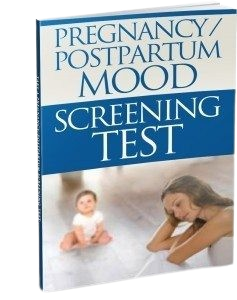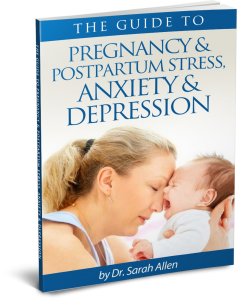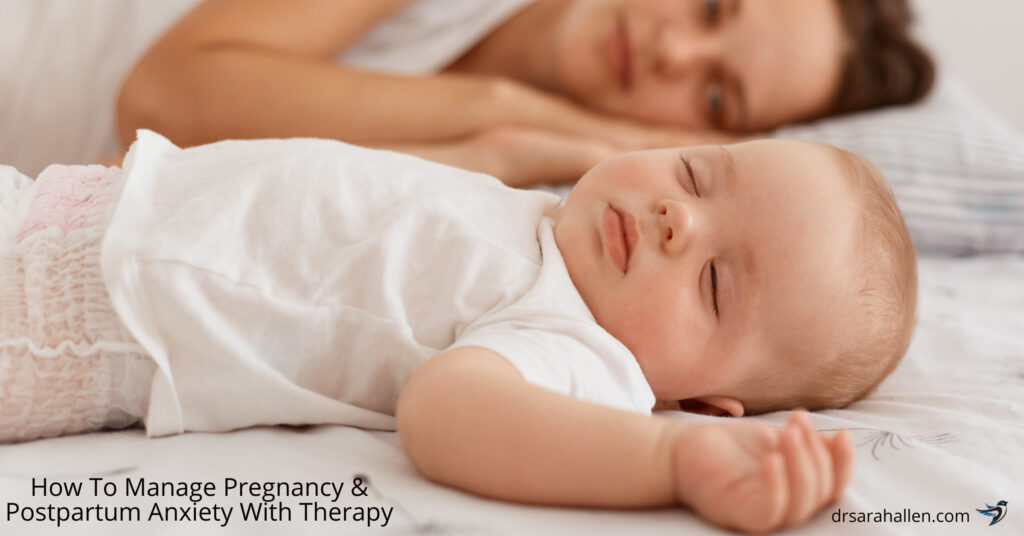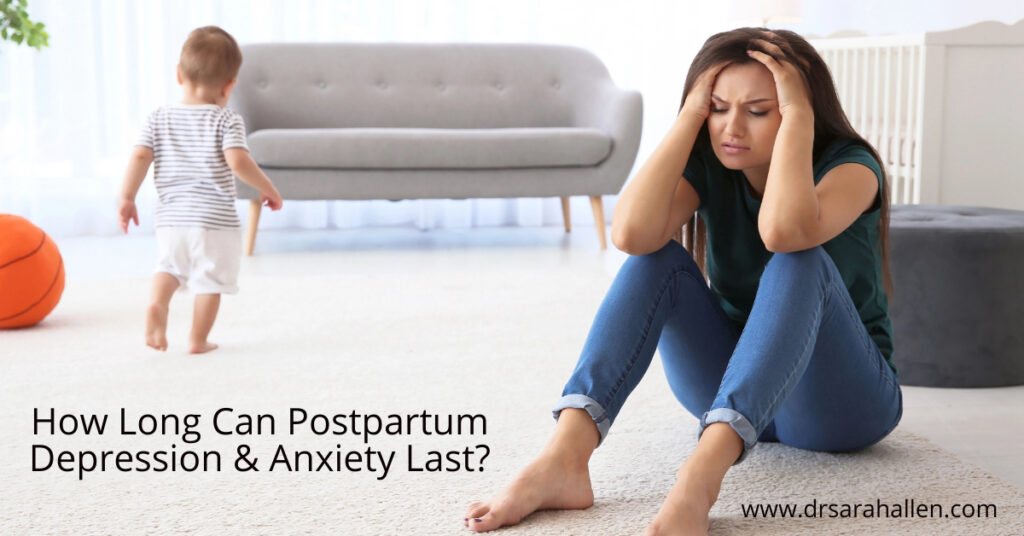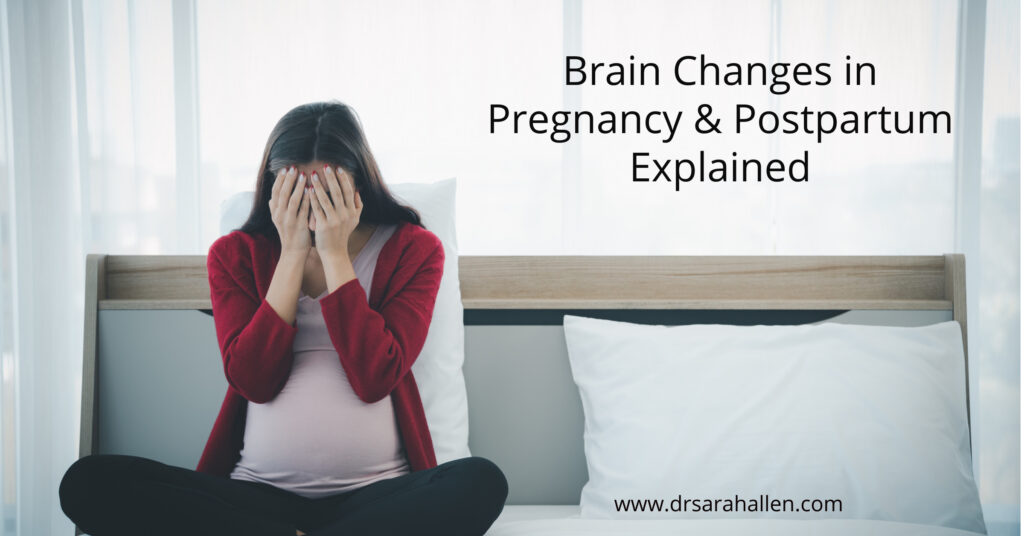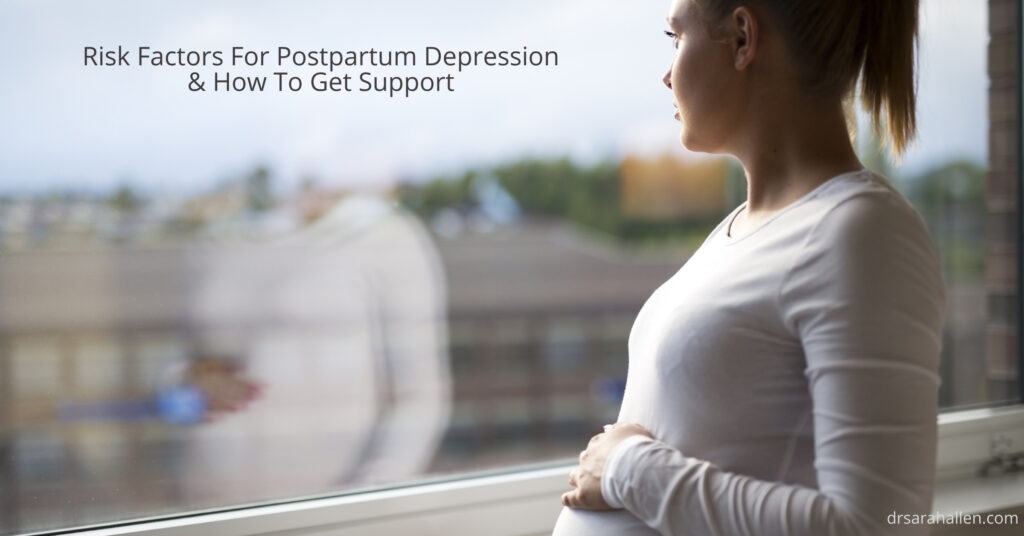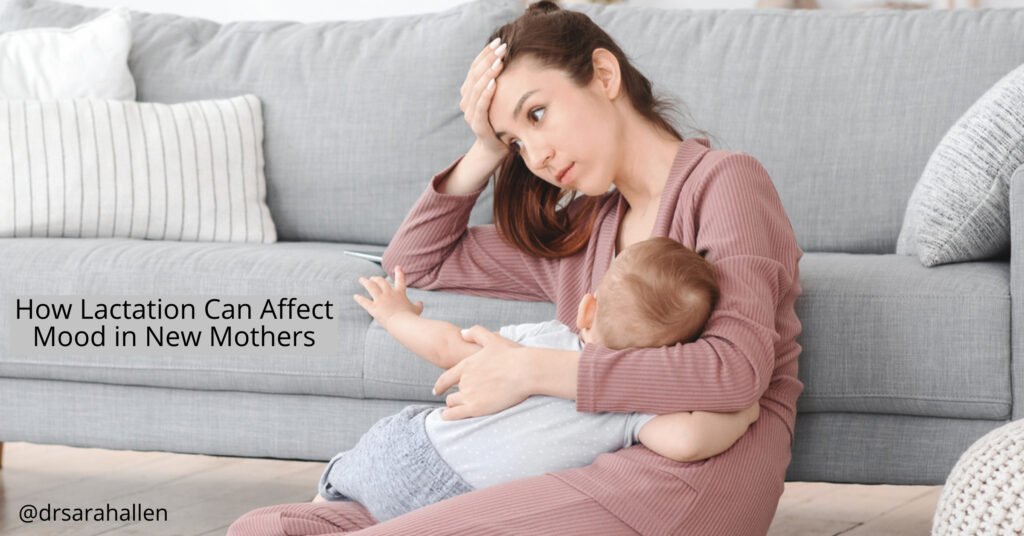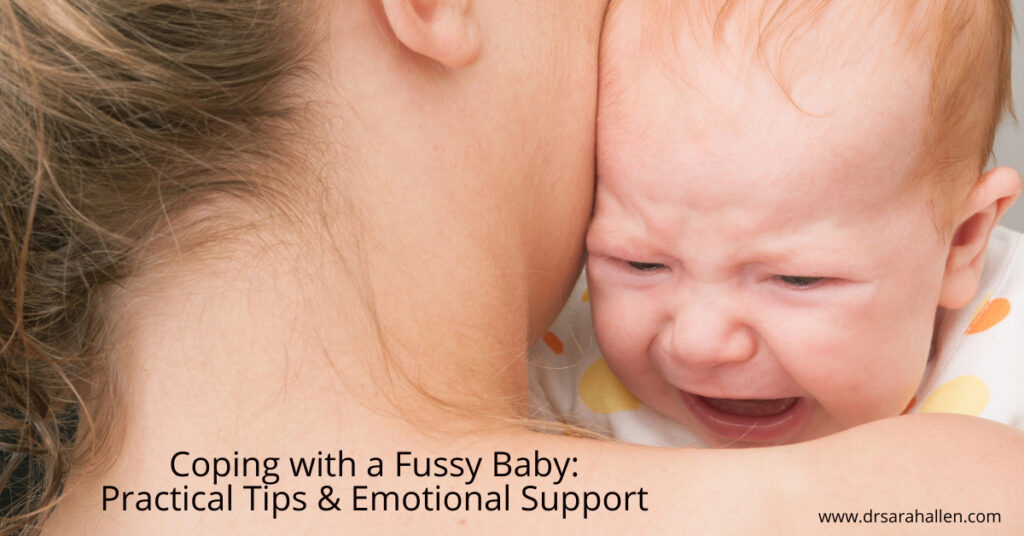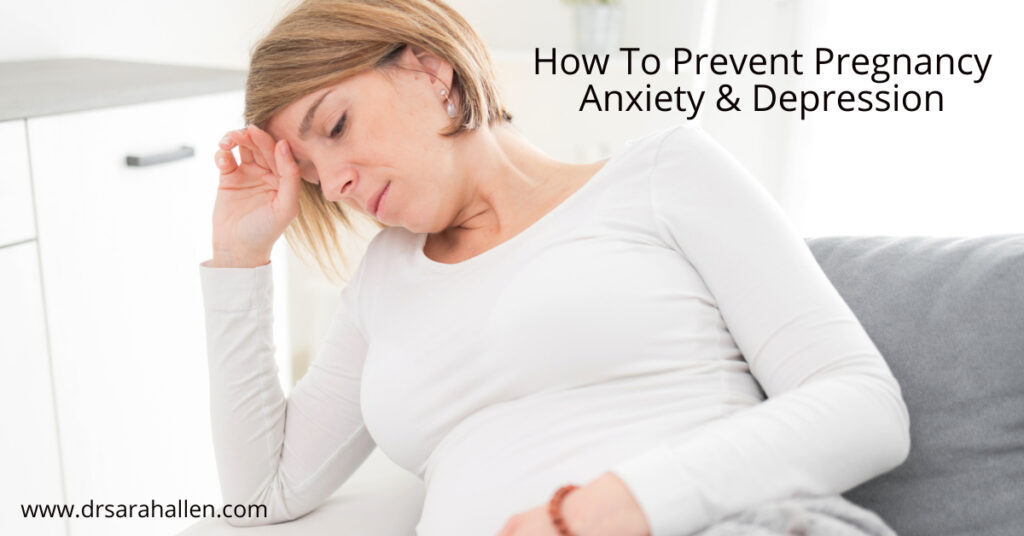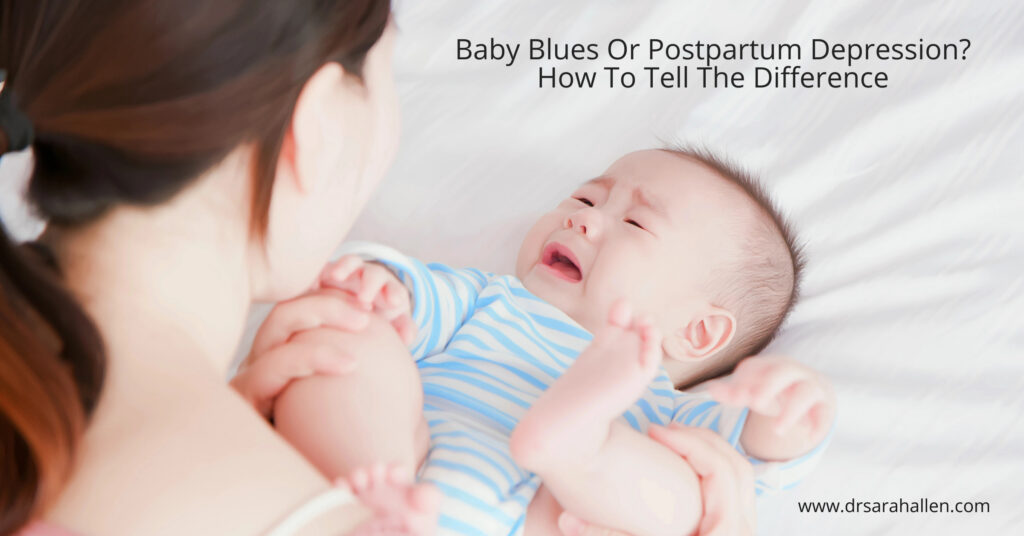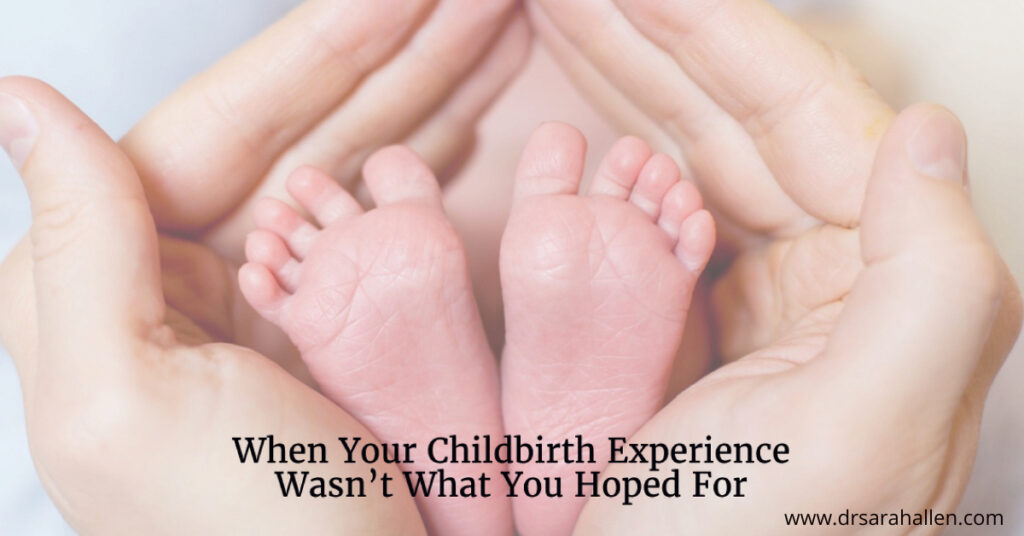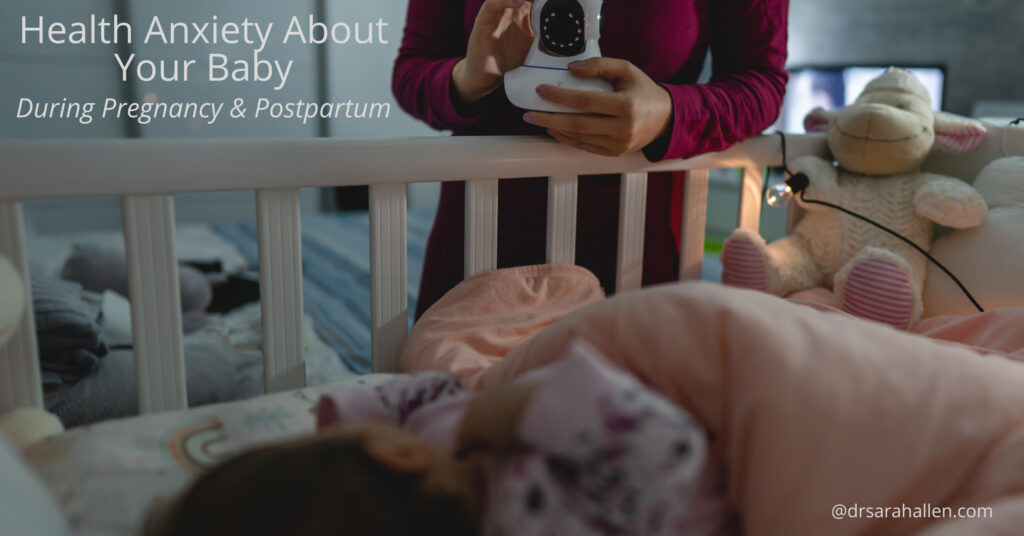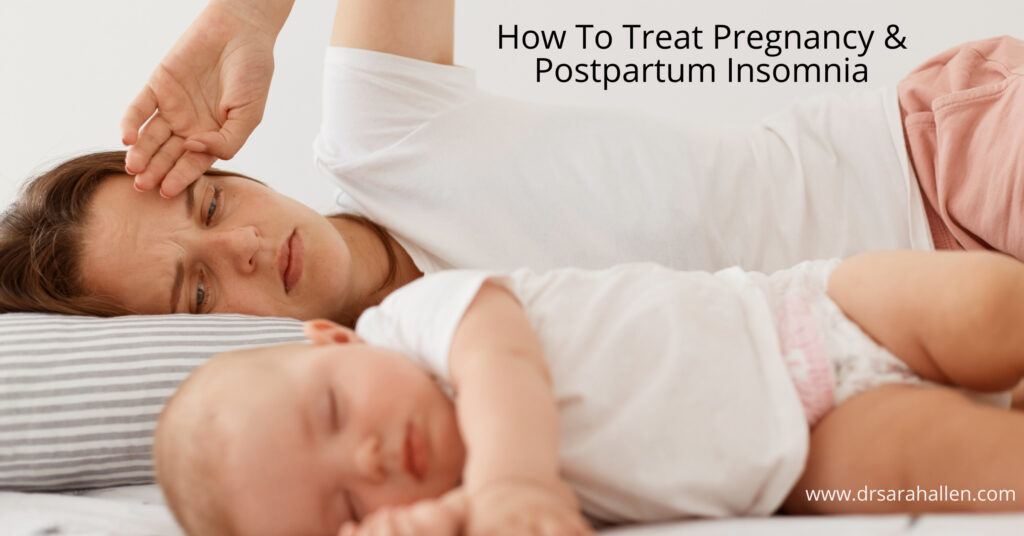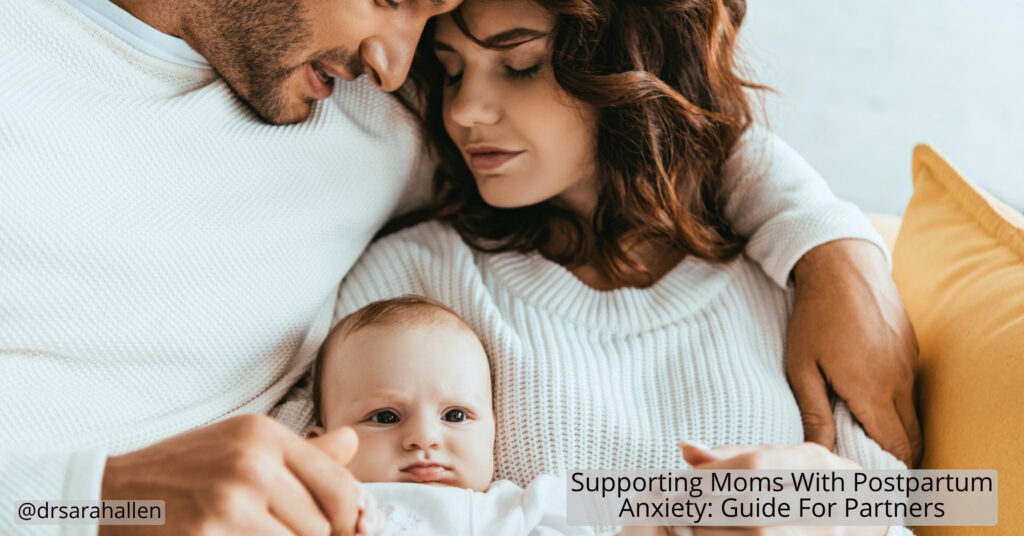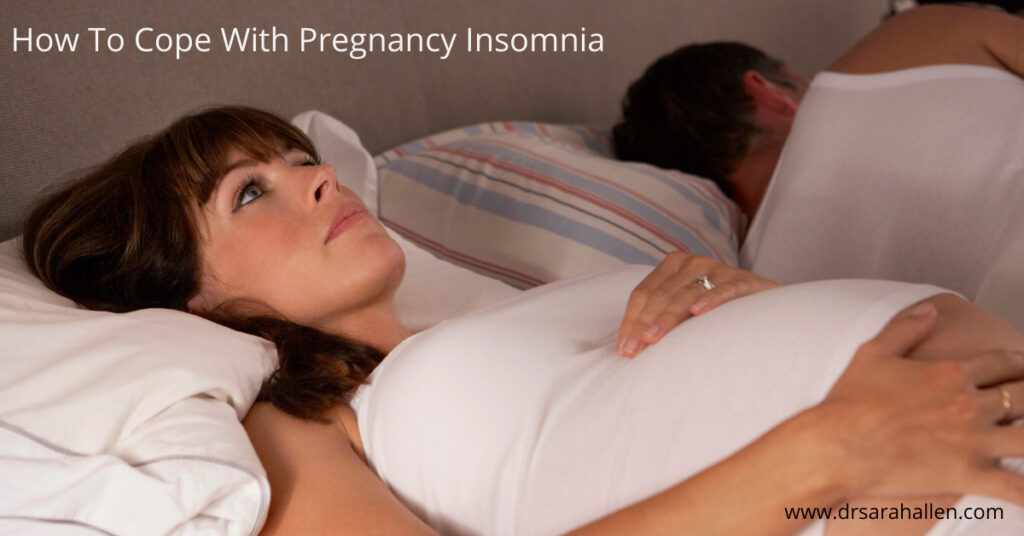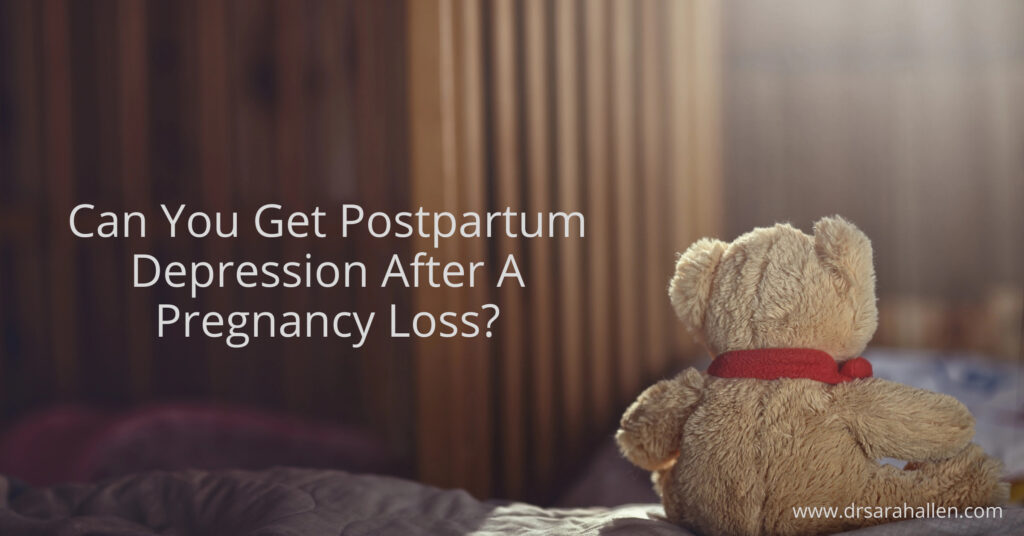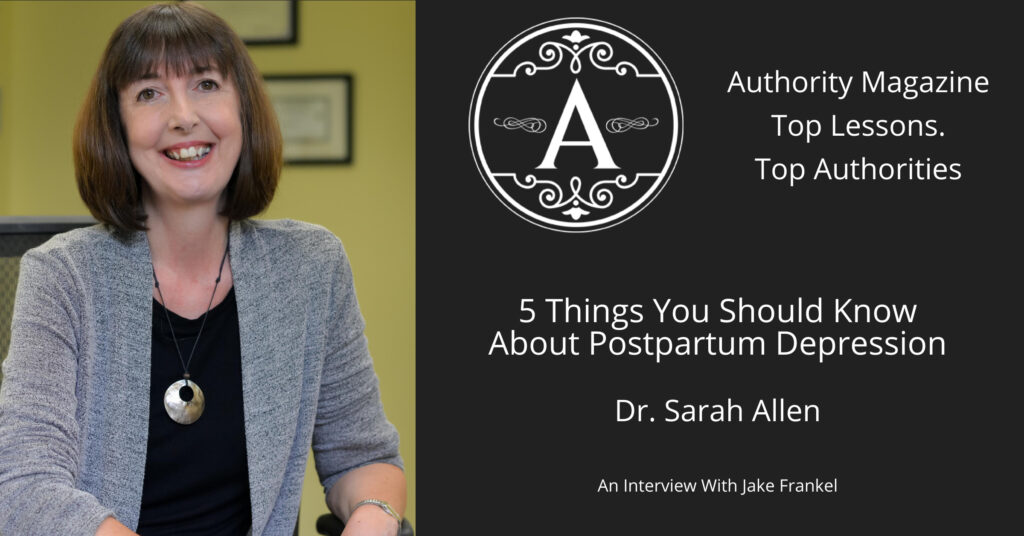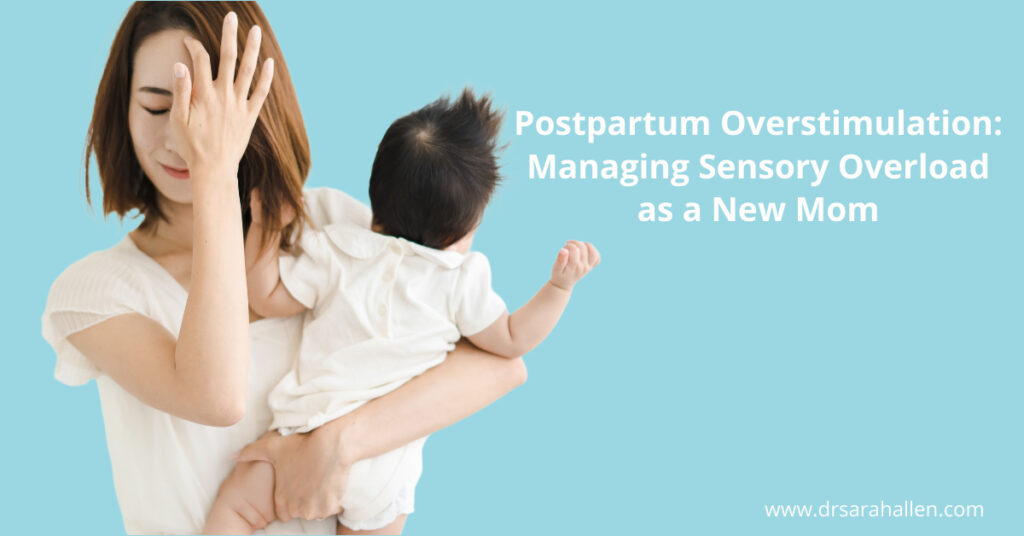
Motherhood can be one of the most fulfilling experiences in life, but it also comes with challenges that aren’t always expected or talked about enough. One of these challenges is postpartum overstimulation—a feeling of being completely overwhelmed by noise, touch, and the constant demands of caring for a baby aged 0-12 months. I would argue that this type of sensory overload can definitely last longer than the first year though, especially when you have more than one child.
If you’ve felt like you want to hide in a quiet room away from crying, clingy hands, constant noise and your partner, you’re not alone. Many mothers experience this. Overstimulation is not a reflection of your ability to parent well; it’s simply your body and brain telling you they’re under stress and need some relief.
I hope that this article will help you recognize the signs of postpartum overstimulation, explore its causes, and equip you with practical tools that help.
What is Postpartum Overstimulation?
To put it simply, postpartum overstimulation is your nervous system’s reaction to an overwhelming number of sensory inputs—think loud cries, constant interruptions, physical touch, and the mental demands of being a caregiver.
It can manifest in several ways, including:
- Physical discomfort when touched (even by loved ones).
- Irritability, impatience, or unexplained anger.
- Feeling trapped or “touched-out.”
- An intense need to avoid noise or chaos.
- Mental fog or emotional exhaustion.
Overstimulation is particularly common for mothers because, on top of juggling sleep deprivation and hormonal shifts, you’re likely on high alert all day (and night) while caring for your baby.
Why Does Postpartum Overstimulation Happen?
Understanding why this happens is the first step to giving yourself some grace. Postpartum overstimulation is typically caused by a mix of physical, emotional, and environmental factors such as:
- Sleep Deprivation: Even small amounts of broken sleep can heighten your nervous system’s sensitivity.
- Hormonal Changes: The rapid decline in hormones like oxytocin and progesterone after giving birth can affect how calm or stressed you feel.
- Constant Touch: Babies naturally crave physical closeness for feeding, soothing, and bonding—a beautiful yet draining part of motherhood.
- Constant Noise: Crying, babbling and even the hum of baby monitors or background noise can pile up, especially when compounded with disrupted daily routines. When you have older children as well as a baby, being surrounded by constant noise, questions and chatter can be extremely overstimulating.
- The Mental Load: Planning feedings, managing household tasks, and keeping track of doctor appointments can quickly feel overwhelming.
It’s important to remind yourself that overstimulation is nothing to be ashamed of—it’s simply the result of too much “input” with too little “rest.”
Practical Strategies to Cope with Postpartum Overstimulation
The good news? You don’t have to stay stuck in a cycle of overwhelm. By making small adjustments to your day and leaning on supportive strategies, you can create space for calm in an otherwise busy postpartum life.
1. Set Healthy Boundaries Around Touch
It’s okay to say “no.” If you’ve had enough physical contact for the day, whether from your baby, toddler, or even your partner, communicate that gently but firmly. For example, tell your partner, “I love you, but I need 10 minutes without touch to recharge.”
Helpful Tip: Create moments during the day to physically step back. Place your baby in a safe spot like a crib or play mat and give yourself just a moment to breathe freely.
2. Manage Sensory Inputs
Minimizing noise, visual clutter, or other overly stimulating factors can make a significant difference.
- Use white noise machines or calming music to drown out harsh sounds.
- Dim the lights during the evening to create a cozier, less overwhelming environment.
- Declutter your living spaces to promote a sense of order and simplicity.
3. Prioritize Sleep and Rest
Sleep may feel impossible in the early postpartum days, but even micro-moments (like a nap while the baby sleeps or shifting nighttime feeds to a partner) can help reset your overstimulated nervous system.
Proactive Rest Tips:
- Create a “sleep sanctuary” for naps with blackout curtains, white noise, and cozy blankets.
- Consider asking friends or family for help so you can grab a quick rest during the day.
4. Build a Postpartum Support Team
You are not meant to do this alone. Sharing your experience with your partner, friends, or a trusted family member can provide emotional relief, while outside support can give you the physical help you need.
Don’t hesitate to reach out to a postpartum doula, therapist, or support group. These professionals understand what you’re going through and can offer expert advice and validation.
5. Incorporate Intentional Self-Care
Sometimes, the sensory overload of postpartum life spirals because we’ve lost touch with our own needs. Rediscover what brings you peace—whether it’s journaling, taking a walk, painting, or even enjoying a warm cup of tea. Caring for yourself is not selfish—it’s vital. Aim to carve out small pockets of time every day for something that recharges you.
Mini Self-Care Examples:
- Do a 5-minute mindfulness exercise with an app like Calm or Headspace while the baby naps.
- Step outside for fresh air—even if it’s just for a minute.
- Don’t wait until you have completed other chores, there are always chores. Take some time for yourself when the baby first goes down to nap and then after that start your to-do list.
6. Practice Breathing and Grounding Techniques
Deep breathing, mindfulness, or grounding techniques can help you find calm in the chaos.
Try this quick exercise to reset during a tense moment:
- Close your eyes and take a deep breath in for 4 counts.
- Hold your breath for 4 counts.
- Slowly breathe out for 8 counts.
Repeat this for a few minutes to regulate your nervous system.

To read why deep breathing helps and learn 5 breathing techniques 5 Deep Breathing Techniques & Why They Work
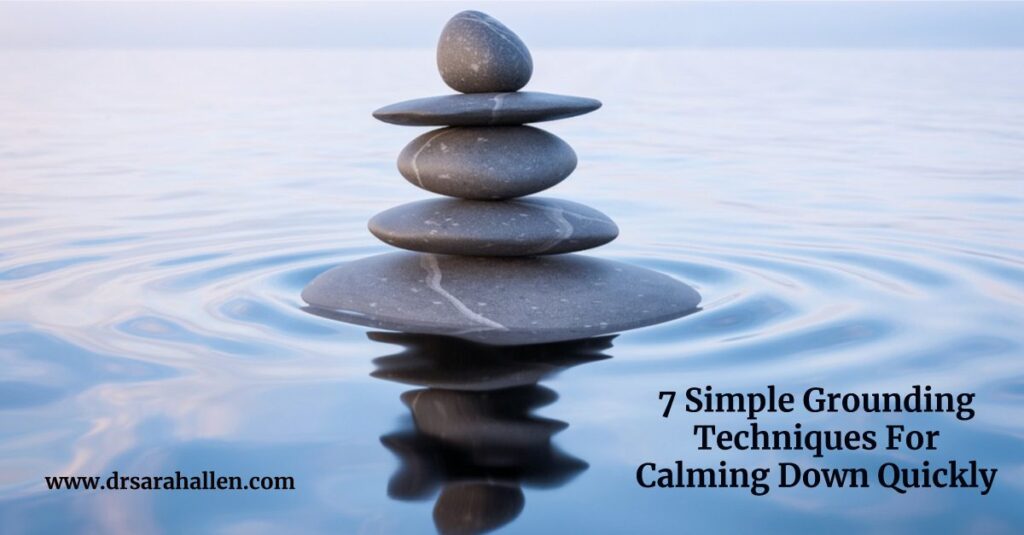
If you would like to read more about different types of grounding techniques read 7 Grounding Techniques For Calming Down Quickly
7. Adjust Expectations and Practice Self-Compassion
Motherhood is not about perfection; it’s about presence. You don’t have to do it all. Give yourself permission to leave dishes unwashed, skip the laundry, or ask for takeout when needed.
When critical thoughts creep in (“Why can’t I handle this?”), acknowledge them and then replace them with kinder affirmations like, “I’m doing the best I can, and that’s enough.”
8. Limit Nonessential Screen Time
Scrolling through social media may seem like a mental break, but it often overstimulates your mind further with information overload. Opt for quiet activities like reading, listening to calming music, or simply sitting in silence instead.
When to Seek Professional Support
While postpartum overstimulation is normal, it can sometimes overlap with conditions like postpartum depression (PPD) or postpartum anxiety (PPA). If feelings of overwhelm are constant, interfere with daily activities, or trigger intense emotional distress, speak to your doctor or therapist.
Remember, reaching out for help isn’t an admission of failure—it’s a courageous act of self-awareness.
You’re Not Alone
Navigating postpartum overstimulation can feel isolating, but you are absolutely not alone. Every piece of you that loves, thinks, plans, and nurtures makes you an incredible mother.
Postpartum overstimulation is natural—but it doesn’t define you. You are strong, capable, and deserving of care, both for yourself and your little one. By identifying moments of overwhelm and implementing strategies to cope, you can better support your mental health while taking extraordinary care of your growing family.
Take things one step at a time, lean on your support system, and remember that there’s no such thing as a “perfect” parent—only a parent who tries every single day.
Need more advice or support during postpartum life? I have written many articles about many aspects of being a new mom and a free booklet you can download about Pregnancy & Postpartum Stress, Anxiety & Depression (see below). I specialize in working with new parents and I see clients in person at my Northbrook office, or virtually throughout Illinois, Florida and the UK.

Dr. Sarah Allen has 25+ years of experience in private practice helping women to transition to being the mom they want to be. She is the Founding Director of the statewide non-profit Postpartum Depression Alliance of IL. She also specializes in pregnancy loss & infertility & has published research on postpartum depression and traumatic childbirth.
If you would like to work with Sarah, please phone her at 847 791-7722 or on the form below.
If you would like to read more about me and my areas of specialty, please visit Dr. Sarah Allen Bio. Dr. Allen’s professional license only allows her to work with clients who live in IL & FL & the UK and unfortunately does not allow her to give personalized advice via email to people who are not her clients.
Dr. Allen sees clients in person in her Northbrook, IL office or remotely via video or phone.

What Can I Read That Helps Me While I Am Waiting For My First Appointment With Sarah?
If you feel that you may be experiencing pregnancy or postpartum mood disorder, or worry that you may be at risk of developing it, please download my free booklets below.
See each specific webpage to download one or many.
